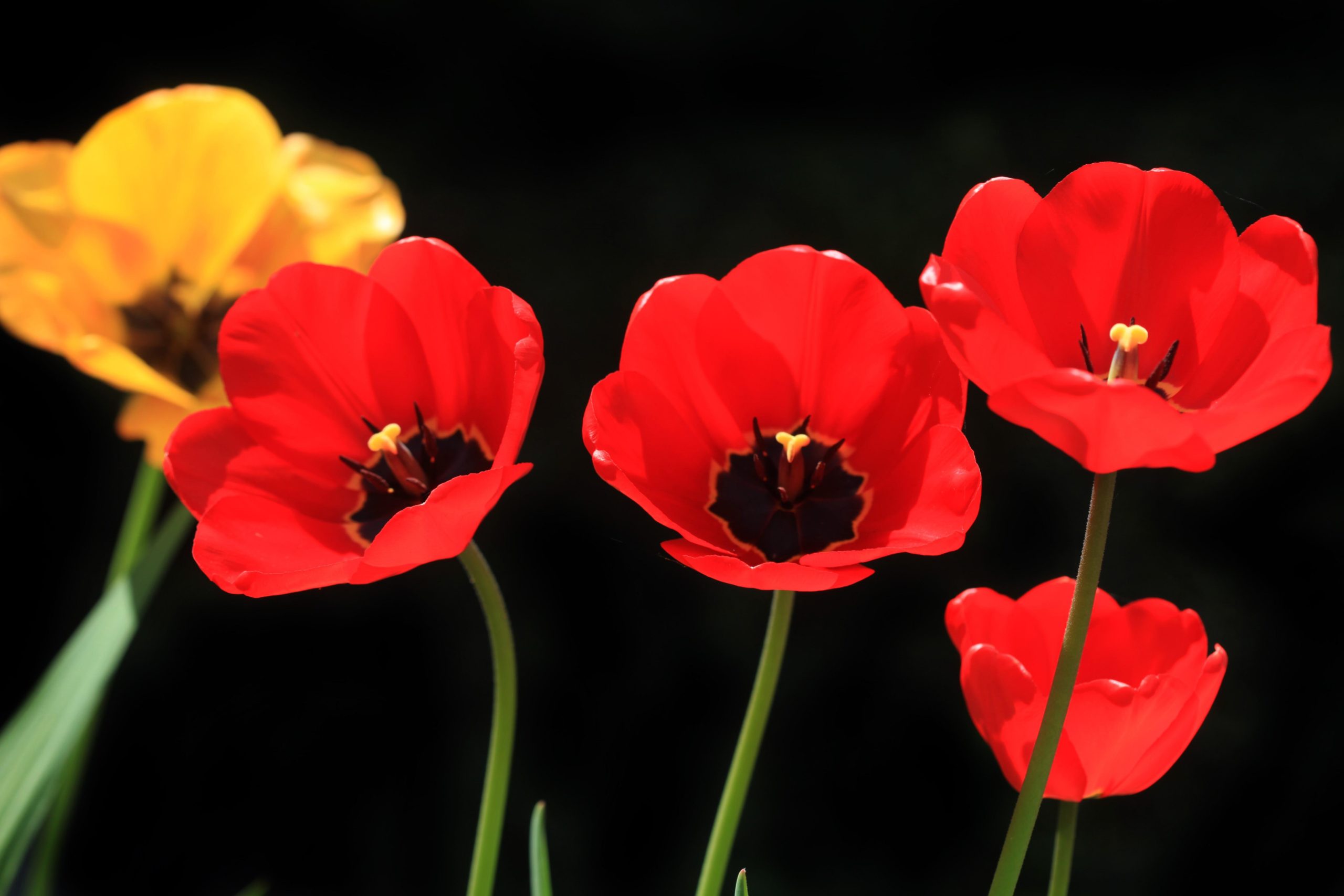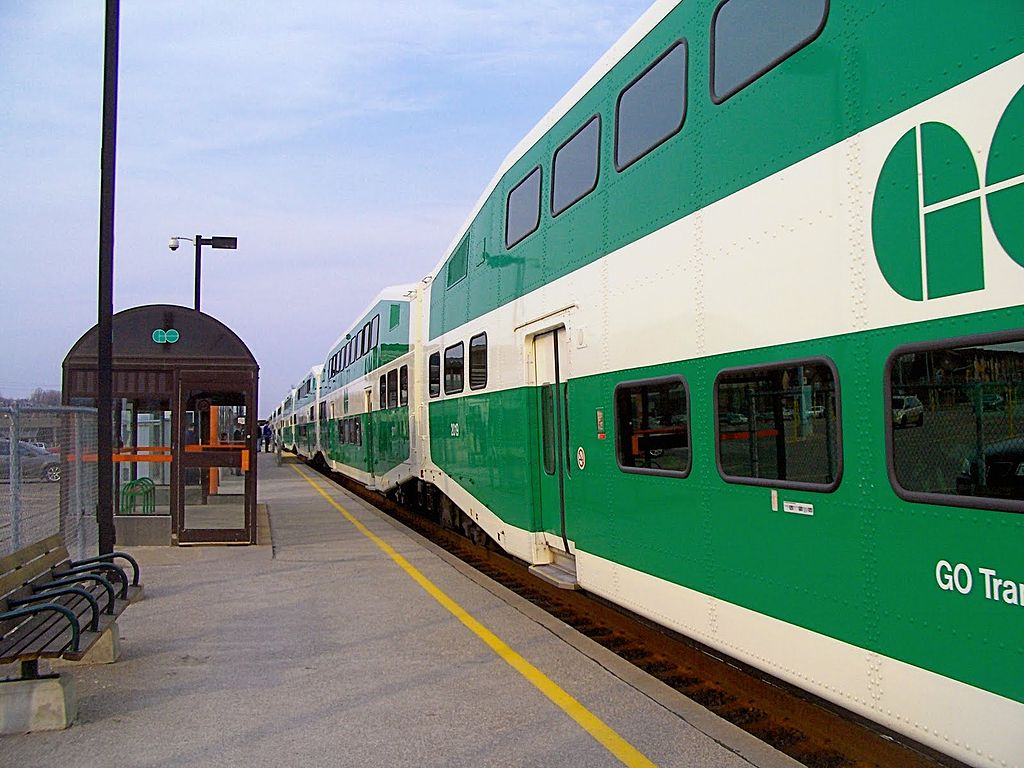Editorial.
As we approach Remembrance Day, we have reached a point in time where the memories of those who fought and died in World War II, the one we call the good war, are waning. The righteous fought against the fascist regimes of Germany and Italy and the military rulers of Japan, but now we find the faces of those who survived that war fading into the black and white of memory. Even Korea, the not-quite-as-good conflict, holds little attention in Canadian minds.
But now we have another generation of men and women who have returned from war, some disabled by what is commonly called an IED, homemade mines that could end or change a soldier’s life forever. Some bear a different wound. The kind that lingers in the heart and mind of our fighting men and women. We used to call it shell shock back in the day. In WWll, it was treated as an unfortunate side effect, but for those back home, it was near to invisible.
These days we have a different name for it. A better way to describe the mental and emotional scars that can wreak havoc on the lives of those who serve: Post Traumatic Stress Disorder, or PTSD. It can take many shapes and have multiple adverse effects.
Today, twenty years after Canada under Stephen Harper sent our troops to Afghanistan, it may seem like that war achieved very little. The Taliban rule the country, the poppies that we wear grow, ironically, in the fields of Afghanistan and fuel the heroin trade in that country, filling the coffers of the warlords who rule their fiefdoms there as they have for a very long time.
We lost people there, we spent hundreds of millions of dollars. We named a highway, the Highway of Heroes, to commemorate the fallen. But have we done enough to care for the Canadians who volunteered to go halfway across the world to fight what, in the end, like so many times before in that region, was an unwinnable war? Have we funded the rehabilitation programs well, have we put in place long-term support for those that suffer from the very real effects of PTSD? What about long-term financial support for those whose lives have been changed forever?
War, it is famously said, is hell. Most of us in this country have not had to stand inside that hell, we have been fortunate. We have not had to stare into the abyss of a violent death. This year, as every year, Canadians will stop for a moment to honour those that have lived and died through war. I find myself every year holding back a tear when I think of what we are remembering. Perhaps this time we can do more than feel. We can make sure that remembering isn’t just a sentimental moment, it’s a call to care for those who have been brought low, a chance to thank those who stood tall and a chance to learn the lessons not of battle, but of peace.
Wounded Warriors offers mental health services nationally, see ways to give here: https://woundedwarriors.ca/ways-to-give/
The Royal Canadian Legion offers many services and resources to veterans and their families, including mental health support; you can donate here: https://legion.ca/donations





